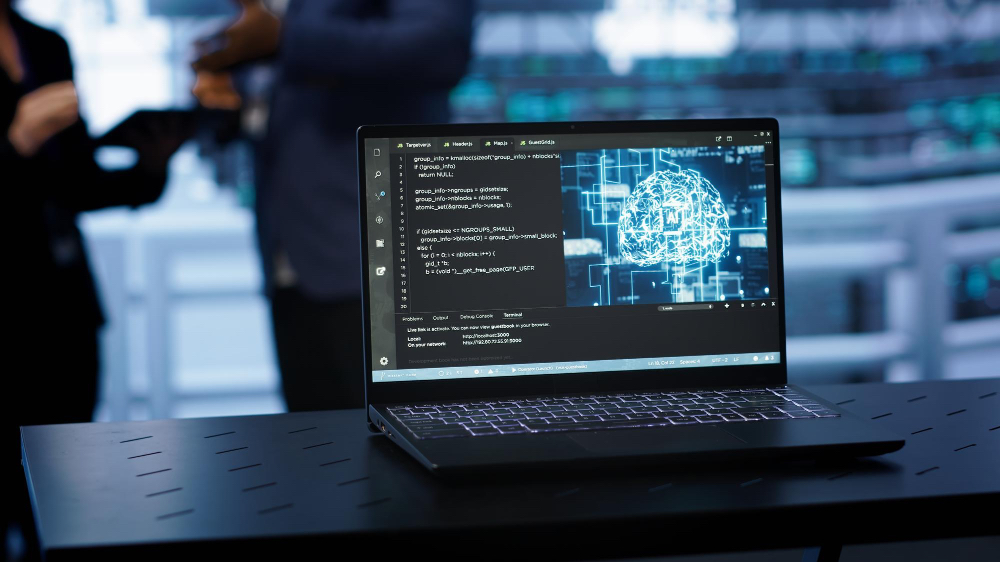The AI firm, OpenAI, plans to introduce advertising within ChatGPT for logged-in adult users, marking a structural shift in how brands engage audiences through conversational interfaces.
Ads would be clearly labelled and positioned alongside responses, aiming to replace interruption-driven formats with context-aware brand suggestions delivered during moments of active user intent.
Industry executives describe conversational AI advertising as a shift from exposure to earned presence, in which brands must provide clarity or utility to justify inclusion.
Experts warn that trust remains fragile, as AI recommendations carry the weight of personal consultation, and undisclosed commercial influence could prompt rapid user disengagement instead of passive ad avoidance.
Regulators and marketers alike highlight risks linked to dark patterns, algorithmic framing and subtle manipulation within AI-mediated conversations.
As conversational systems begin to shape discovery and decision-making, media planning is expected to shift toward intent-led engagement, authority-building, and transparency, reshaping digital advertising economics beyond search rankings and impression-based buying.
Would you like to learn more about AI, tech and digital diplomacy? If so, ask our Diplo chatbot!










